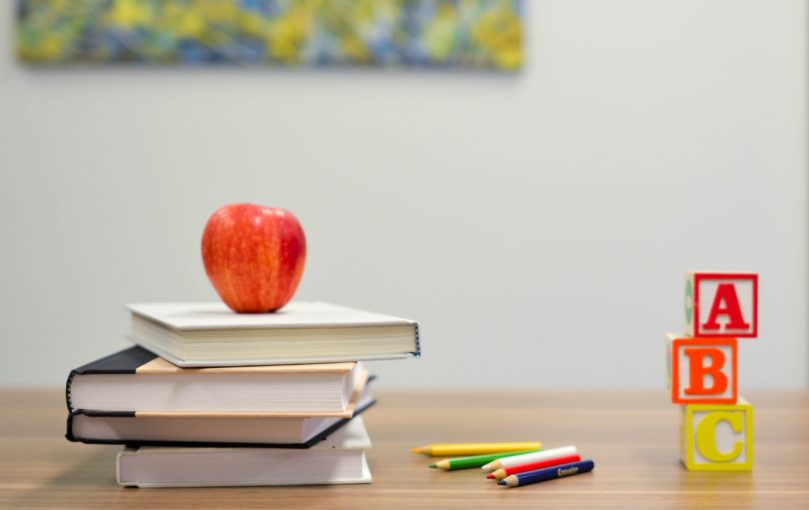At TransForma, we take every translation and interpreting project seriously, but we have to admit that the translation of children’s school and medical records, including the translations of evaluations for special-needs children, really strike a chord in our hearts. During the last 20 to 30 years, society has become more aware that children with special needs, if given certain accommodations, can not only get by in school but often thrive. As experienced translators of Individualized Education Programs (IEP) designed for children from Puerto Rico, we are touched and amazed by the amount of care and attention shown to these wonderful children, as reflected in the psychological and neurological evaluations delivered to us for translation. We have also translated psychological and neurological evaluations from Portuguese into English, for Brazilian children who have moved with their families to the United States. No matter the native country, it warms our hearts to see that parents and professionals the world over come together to benefit these wonderful children.
When we work on the translation of an IEP or the translation of a psychological or neurological evaluation, we are aware that a mistake on our part could lead to confusion in the minds of the professionals who are relying on our work. Now, this is the case for EVERY SINGLE TRANSLATION project we undertake, but the fact that our work is going to be read and relied on by professionals who want to help these children focuses and drives us to produce the best translation possible. To meet our objective of creating a translation that contributes (minimally, we know) to this child’s well-being, we take the time to learn a little bit about concepts and testing methods that are part of a child psychologist’s or neurologist’s toolbox, but that usually don’t make their way into everyday conversation for the rest of us. We now know that such a thing as the Wechsler Intelligence Scale for Children-IV exists and that it has 15 subtests. We know that a child can score low on one of the subtests and score high on another subtest. This insight allows psychologists and educators to design an educational program that simultaneously builds the child’s self-esteem (by including activities for which the child has an aptitude) and strengthens the child’s weak areas.
Now, you could argue that to create an accurate translation of a child’s psychological, psychiatric or medical evaluation, you don’t need to become the least bit knowledgeable of the subject matter. You could argue that. But we’d take issue with you that over that argument. Documents, no matter the language, are much more than the words written on the page. We’ll give you an example. KENT STATE UNIVERSITY. 3 simple words, right, which depending on your stance on translating proper nouns, might not even get translated. Yet, how you receive these words depends on a variety of factors, including your age, your interest in history, where you were born, etc. Every writer of a professional report has an implicit expectation that the person reading the document has a baseline, or more realistically, an advanced level of knowledge of the topic which is the subject of the writing. Before we undertake a translation, we are the first readers of the evaluation reports prepared by psychologists, psychiatrists, and physicians. If we don’t make the effort to gain a baseline level of knowledge of the subject matter, a knowledge that the psychologist or psychiatrist expects every reader to have, it stands to reason that the translation will not communicate as much as the original. And since this is a child we’re talking about, and childhood is challenging enough, we at TransForma can’t and won’t take the easy route, submit an invoice, get paid and mosey on down the road. It makes us feel good to take a little time to make our translation just a smidge better and put a little wind in the child’s sails.
Visit us at www.transformaonline.com. If you have a translation of a psychological, psychiatric or neurological evaluation report you’d like us to quote, email us at request@transformaonline.com,or call us at 305-722-3827. We’d love to play a small part in your child’s happiness.

